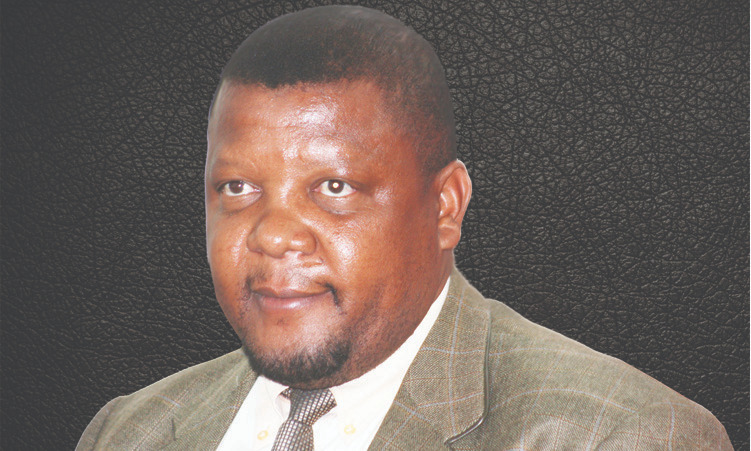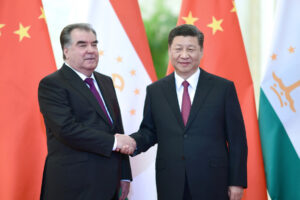Scenes of about 20 000 jubilant Namibians at a football match are rare.
That is why it was heartening to see a match drawing a crowd that filled the stadium to capacity when giants African Stars took on Eeshoke Chula Chula last weekend.
Packed stands and enthusiastic crowds ought to be par for the course in Namibian football.
But some warlords, no less than former Namibia Football Association (NFA) secretary general Barry Rukoro, apparently want to p*ss on the euphoria and take Namibian football back to the dark ages, when no club matches took place, if not further – to the colonial times of race/tribe-based teams.
“Those who want to support Eeshoke (Chula Chula), go ahead and do so, but know that you are supporting a plan (by the Aawambo) that is hatched to dismantle your tribe,” Rukoro said in an audio clip circulating on social media this week.
It appeared to be a barely disguised tribal call by the former football chief administrator to the Ovaherero people to unite against the Aawambo people.
Unsurprisingly, Rukoro tried to justify his remarks as a response to labour minister Utoni Nujoma’s recent tribalistic comments in parliament that Aawambo were hardworking and that other tribes were lazy.
Coming so close to the NFA congress in December, it is safe to assume that Rukoro is stoking divisions for reasons other than the best interests of the game – either to torpedo the revival of Namibian football or to ensure that the beautiful game is mired in tribalism.
Rukoro was kicked out of football after 17 years of alleged maladministration, but has continued to claim it was because of being omuHerero, despite evidence to the contrary.
Every peace- (and football-) loving Namibian should reject Rukoro’s agenda and remain vigilant of potential ethnic entrepreneurs who lurk on the sidelines of the game.
That it took the surprising entrance of Eeshoke Chula Chula into the Namibia Premier Football League to reignite public affection for ‘the beautiful game’ should be commended.
The fun and love of football prospers when unknown entities are able to rise to compete at the top level.
Chula Chula’s large and enthusiastic fan base is the central driver as to why football should be in the news regularly and for the right reasons.
Slowly, investors appear to be funnelling money into the game. Several clubs have been able to attract sponsorships and endorsements from corporates in recent weeks.
Namibia needs to harness and maintain the newfound euphoria sweeping through domestic football rather than be discouraged by the warlords who only want to hijack the game for personal interest.
For years, football has been played in near-empty stadiums because of a lack of interest caused by perennial mismanagement.
To keep and build on the early season momentum, administrators need to get their act together.
They must keep supporters on their side by urgently addressing the shortcomings that have damaged the football brand.
We support Landless People’s Movement chief whip Henny Seibeb for asking the minister of sport to explain the delay in the renovation of football stadiums.
Perhaps the main reason Namibians are so heavily invested in European and South African teams is that football there is properly managed.
Information is readily available to fans, while boardroom differences do not result in action on the field grinding to a halt.
In Namibia, club and NFA administrators hog information as if they were state secrets.
The slightest difference among the warlords of football over positions regularly results in zero club football being played for years.
Administrative chaos and violence discourage football lovers, which is why there has been a persistently low turnout at so many matches.
When the NFA congress takes place in December, club delegates should choose exemplary, honest, competent people to take over the executive management from the Fifa-imposed ‘normalisation committee’.
The new leaders, unlike Rukoro’s ilk, should have a clear vision that involves systematically developing the sport from grassroot level up.
Source : Namibian
















